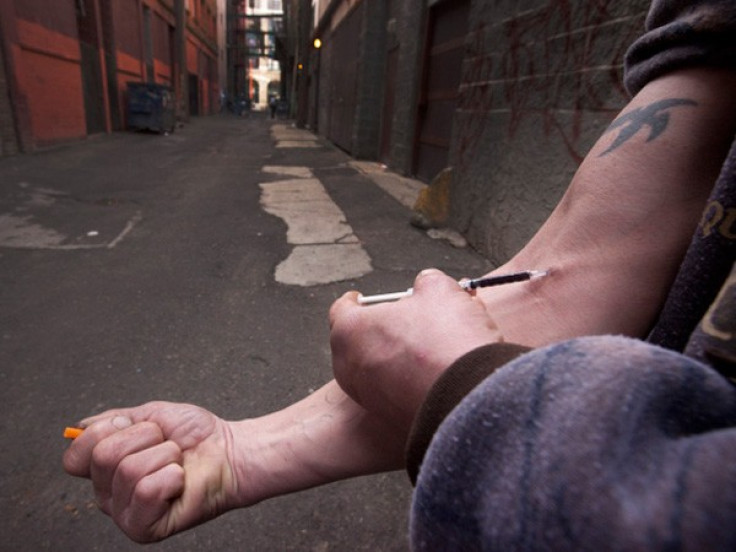Traumatic Childhood Could Increase Risk of Drug Addiction

People who are victims of physical, emotional or sexual abuse are at higher risk of becoming drug addicts, a new study has found.
University of Cambridge researchers have discovered that a traumatic upbringing can emphasise personality traits such as impulsivity or compulsiveness, which in turn increase the risk of addiction.
To find out what makes a person vulnerable to developing drug dependence, researchers examined 50 adults with cocaine dependence together with biological brothers and sisters who had never abused drugs.
All participants underwent extensive assessments of their personalities. The researchers were also interested in negative experiences that participants may have had during childhood (including physical, emotional or sexual abuse).
The study found that childhood abuse had a long lasting effect on behaviour, making them more likely to consume drugs.
Previous studies have found that personality traits such as impulsivity or compulsiveness are indicators of an increased risk of addiction. The new study has found that traumatic upbringing brings these traits to the fore, raising the risk of addiction.
"It has long been known that abusive experiences during childhood have long-lasting effects on behaviour in adulthood and this was confirmed by our results. The siblings had more troubled childhoods compared to healthy peers in the community, and we also found a direct relationship between traumatic childhoods and their personalities," said Dr Karen Ersche, researcher at the University of Cambridge.
"This relationship is interesting because impulsive personality traits are known to increase the risk of becoming addicted to drugs but it is not an excuse for drug-taking."
However, though many siblings of the cocaine-dependent individuals were also traumatised in their childhood, and also exhibited higher-than-normal levels of impulsive and compulsive behaviour, they did not abuse drugs.
Researchers are planning to find out how the siblings who do not abuse drugs managed to deal with their traumatic childhood and changes in behaviour. They want to understand what makes the siblings resilient against addiction.
Researchers believe that better understanding of what protected the brothers and sisters from drug abuse may provide vital clues for developing more effective therapeutic interventions for those trying to beat their addiction.
"Not all individuals with these personality traits would have had a traumatic upbringing. Nor does everyone with these traits develop an addiction. However, our findings show that some people are particularly at risk and their upbringing may have contributed to it," Dr Ersche said.
© Copyright IBTimes 2024. All rights reserved.





